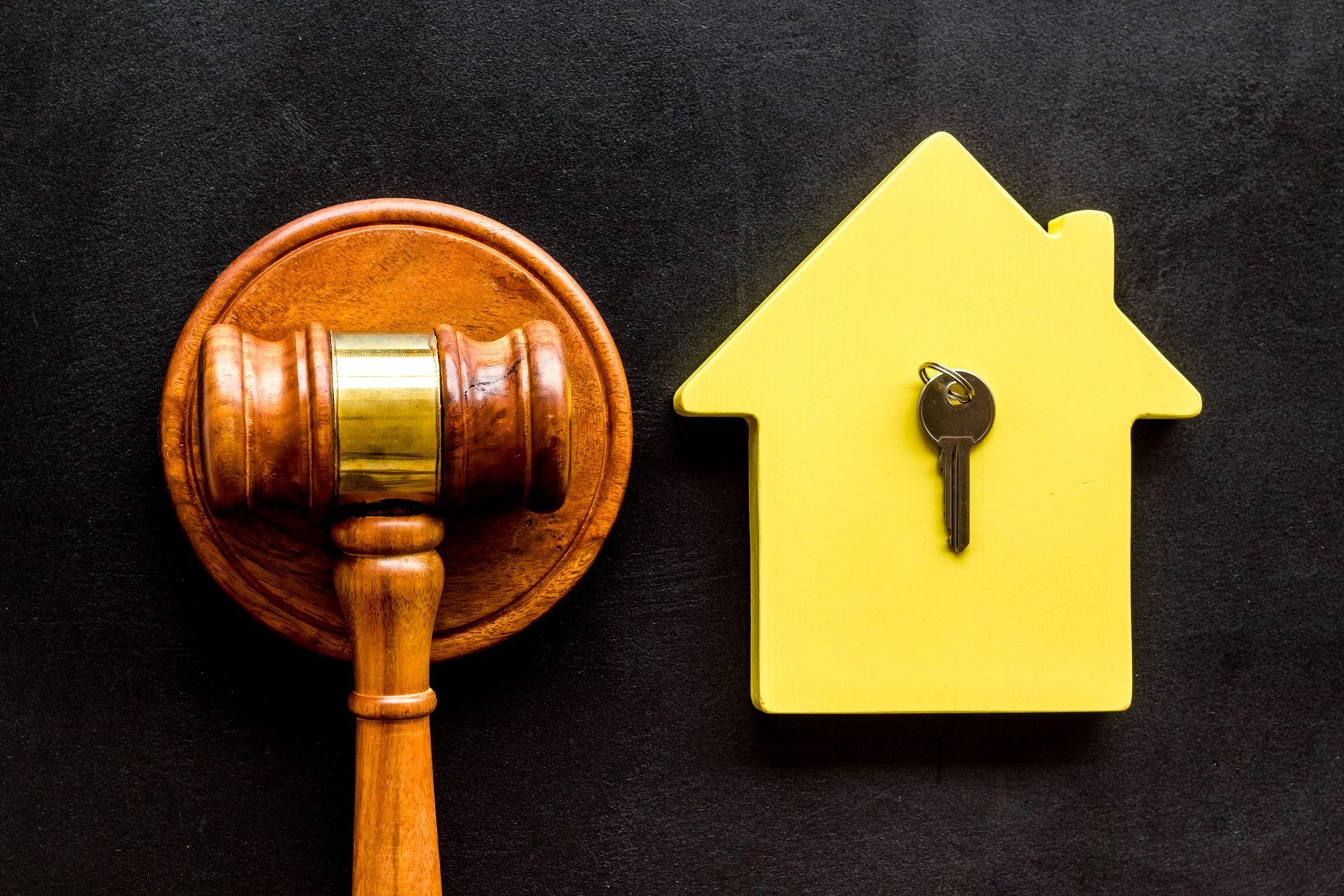What Happens After an Eviction Judgement in California?
Facing an eviction can be overwhelming, but many tenants wonder, “What happens after an eviction judgment in California?” The court’s decision is an important turning point, but it does not mean the process ends immediately. For tenants, the period after a judgment can affect how much time they have to move, whether additional costs are added, and what options remain to challenge or delay the eviction.
As the result can impact housing, finances, and future tenancy options, tenants should know what to expect after a judgment. Awareness of what comes next can help tenants to prepare, make informed decisions, and preserve rights while facing one of the most challenging points in housing disagreements.
Hire an Eviction Defense Lawyer
Shield Law, APC, has established itself as a trusted advocate for tenants and individuals facing eviction in Southern California. Led by Attorney Kareem Aref, the firm has earned recognition for its trial experience, strategic defense work, and dedication to client rights.
With peer-reviewed honors, professional accolades, and positive client feedback, Shield Law, APC, is known for providing knowledgeable, effective representation in eviction and landlord-tenant cases. Our reputation reflects both legal skills and proven results.
Understanding the Eviction Judgment
An eviction judgment is a written decision by a court in an unlawful detainer action. If the landlord wins the case, the judgment serves as a declaration that the landlord is legally entitled to reclaim the rental unit. If the tenant loses, the judgment means that the court has determined the landlord’s claims to be true.
These claims could include unpaid rent, lease violations, or any other issue. An eviction judgment is a serious legal action against a tenant, but it doesn’t mean the tenant will be forced out of the rental unit the same day. The landlord must take further actions before a law enforcement officer is allowed to evict a tenant. These steps provide some time for a tenant to prepare for the next steps in the eviction process.
The Writ of Possession and Sheriff’s Role
In some cases, after the eviction judgment, the landlord can ask the court to issue a writ of possession. This is a court order that tells the sheriff to carry out the eviction. In Los Angeles County, including Bellflower, Cerritos, Norwalk, and others, the sheriffs are tasked with serving tenants with a notice to vacate, typically giving them five days to leave the premises.
If the tenants do not leave, the deputies can physically enforce the eviction by removing the tenants and returning possession to the landlord. The knowledge that eviction enforcement at local courthouses is processed through the sheriff’s department gives tenants a precise idea of how the process works in their own neighborhoods.
Tenant Options After a Judgment
In California, a tenant may have options even after an eviction judgment has been entered. Because these options are often time-sensitive, it’s important to act immediately. They may not stop the eviction, but they can buy time, money, or control.
- Appeal the judgment if there were legal errors in the trial
- Ask for a stay of execution to buy more time before being removed
- Negotiate with the landlord for more time or a settlement
- Look for rental assistance programs to pay for unpaid rent if you qualify
Long-Term Consequences of an Eviction Judgment
An eviction judgment is a matter of public record, often showing up on credit reports and background checks. This can make it much more difficult to find future housing and, in some cases, even affect employment opportunities.
The number of eviction filings in California escalated by 86% during the 2022-23 fiscal year to reach 136,282 unlawful detainer cases, marking the highest count since 2018. Knowing the long-term consequences can help tenants take every legal option before and after a judgment.
FAQS
What Does An Eviction Judgment Mean In California?
An eviction judgment in California is the formal decision by a court that allows a landlord to retake possession of a rental unit. The judgment typically results from an unlawful detainer case. It represents the court’s agreement that the landlord’s allegations, like unpaid rent or lease violations, have merit.
Though significant, the judgment does not directly lead to eviction. The tenant remains in the property until further legal steps, often involving the sheriff, are completed.
How Does An Eviction Judgment Affect Future Housing?
An eviction judgment is a matter of public record and may appear on credit or background checks. Most landlords and property managers run these kinds of checks, making it difficult for tenants with judgments against them to find future housing.
The reach of background checks by employers extends beyond just housing situations. Judgments have long-term impacts, so tenants should be aware of the risks and explore all options before and after the court makes its decision.
What Is A Writ Of Possession?
A writ of possession is a court order issued after an eviction judgment that authorizes the sheriff to enforce the landlord’s right to repossess the rental unit. The sheriff will post a 5-day Notice to Vacate at the tenant’s home after receiving the writ.
If the tenant doesn’t move out, deputies will return to physically remove the tenant and give possession back to the landlord. Evictions are carried out only through this final legal process.
Can Tenants Appeal An Eviction Judgment In California?
Yes, tenants in California can appeal an eviction judgment, but strict deadlines apply. In most cases, tenants have 60 days from the entry of judgment to file a notice of appeal. An appeal is not a new trial. It asks a higher court to review for legal or procedural errors.
Grounds must involve mistakes in law or process, not simple disagreement. Appeals can be lengthy and uncertain, but they may delay enforcement and give tenants another opportunity to challenge the eviction before different judges.
Contact an Eviction Defense Lawyer
An eviction judgment can have an immediate and lasting impact on your life. Tenants maintain certain protections and can explore alternative choices. At
Shield Law, APC, we provide clients with counsel throughout the eviction process. Call our team to
book a consultation and hire an eviction defense lawyer today.














